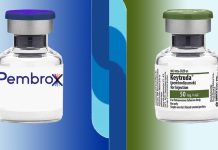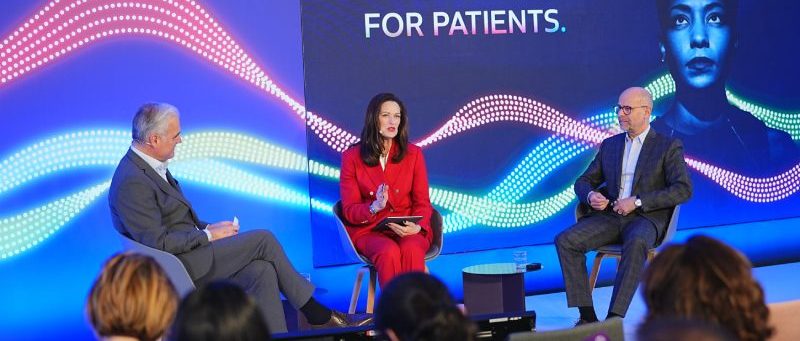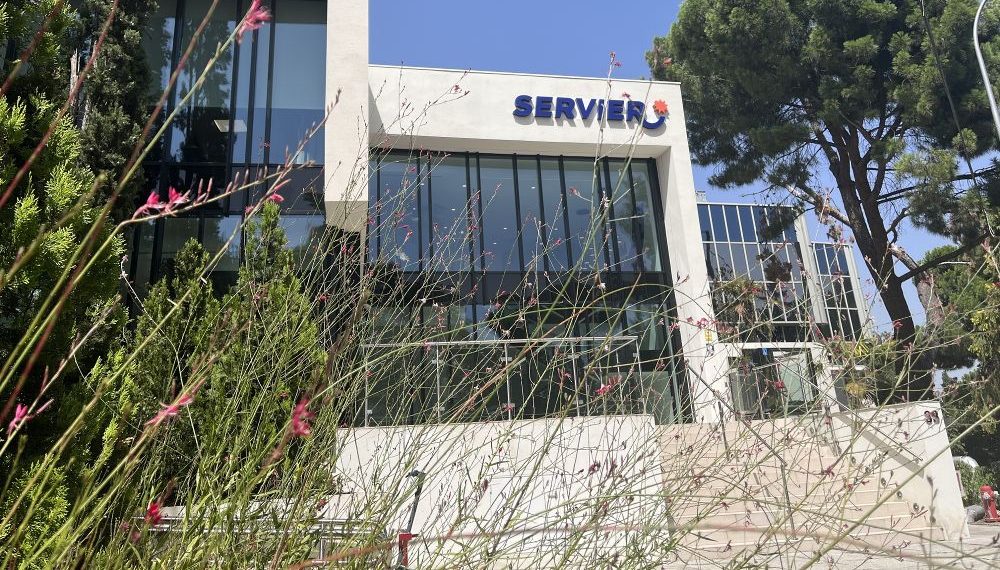Abbott launched a misleading campaign green-lighted by Argentine CEO for the diabetes division, Nicolás Mendiberri, and José María Oribe’s press agency, that seemed to falsely suggest the at new blood sugar test completely eliminated the need for finger pricks.
US drugmaker Abbott has been accused of launching a misleading ad campaign in Argentina suggesting that its new glucometer FreeStyle Libre completely eliminated the need for diabetics to use finger pricks to test blood sugar level.
The initiative, which was green-lighted by diabetes division CEO, the Argentine Nicolás Mendiberri, and José María Oribe’s press agency, promoted a message that has been seen as misleading the public. See site.
The company clarifies in instructions that finger pricks continue to be necessary under various circumstances, because only the use of lancets can produce 100% accurate results.
The end of finger pricks became a slogan that created false expectations for many users. The product’s instructions make it clear that the continued use of lancets is necessary under various circumstances.
This small print disappoints consumer expectations generated by the advertising campaign that finger pricks were no longer necessary.
Another weakness of Abbott’s new technology on the Argentine market is that, as far as Pharmabiz can ascertain, for now, not one medical insurance company has taken the decision to cover the cost of the new monitoring device, meaning that it can only be bought by patients directly, with the patient meeting the full cost.
The insurance companies consulted by Pharmabiz said they qualified FreeStyle Libre as and indirect monitor, while the Argentine law only obliges insurance providers to cover tests of the kind that uses lancets. See resolution.
Another weakness of Abbott’s new technology on the Argentine market is that is that it isn’t covered by health insurance companies, and insurers say they won’t budge on the issue.
No insurance coverage
A source from a major insurer told Pharmabiz that patients and professionals would have to consider carefully whether the device is necessary because Argentine regulations would mean they would have to continue to use another system of monitoring.
The new device has a retail price of AR$ 1,100 (US$ 64.8). The patches that need to be used with the device cost AR$ 1,100 per unit and must be replaced every 14 days, meaning a total outlay of AR$ 3.300 (US$ 190.7) in the first month of use.
As far as Pharmabiz can see, another issue with the product is that it appears that only distributor commercializing the product in Argentina is DroFar.
The other companies competing in the market with their own blood sugar monitors are Swiss firm Roche, with Accu-Chek; US firm J&J with One Touch; Ireland’s Medtronic; and Japan’s Panasonic, with Ascens
ia, which it gained after its acquisition of the Contour monitors from Bayer, although in Argentina they are commercialized by local company Temis.
US$ 1 = AR$ 17.3

















